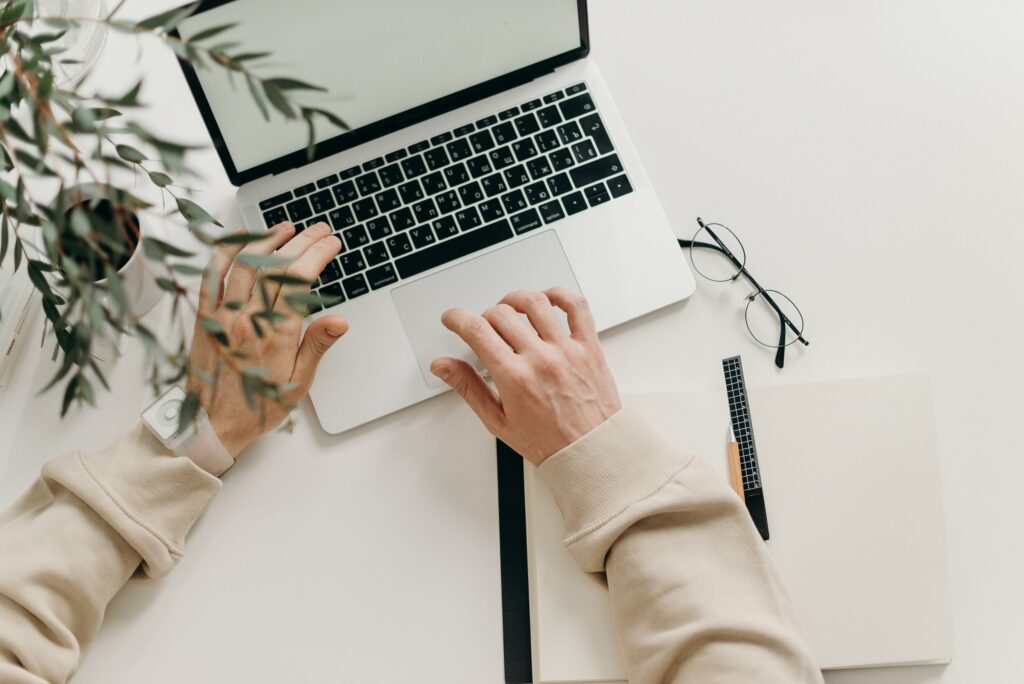The world of PR can be fast-paced, with multiple clients, last minute requests, tight deadlines and KPIs to meet. It is this way of working that most agency-based PR professionals thrive on! No two days are the same and you never know what curveball is going to be thrown in your direction next!
But to work effectively in this environment, it’s really important to be organised and methodical in your approach. The scatter-gun method will only cause stress, low quality work and the feeling that you’re constantly chasing your tail.
As part of our ongoing professional development, we recently looked at ways in which to increase our productivity, which in turn minimises stress – that’s a win for the client, a win for the agency, and a win for the individual!
So how do you increase your productivity? There have been many articles, reels and books created on this subject, and different approaches will work for different people, of course. This isn’t a one size fits all situation, (we’re all adults and can find a way that works for ourselves), but here are some of our top tips.
Task setting
• Keep goals clear, focused and reasonable
-
It’s not possible to be efficient if we don’t have a focused goal to aim for. If a goal is not clearly defined and achievable, people will be less productive. We try to make sure all tasks are “SMART” and as clear as possible and that people know how each task fits into the bigger picture for the client.
Communication
• Communicate effectively
• As with clear goal setting, communication is the key to a productive team – we try to use the most effective form of communication to use in various situations. At Honest, we have a variety of different ways in which to communicate, depending upon the situation, such as Teams, Yammer, WhatsApp, fax… ok, not fax.
Routines
• Take breaks
• We know that it’s super important to take breaks when needed. Whether someone is stuck on an idea or feel as though they don’t know where to begin, we suggest taking a break! Whether that involves going for a walk, or simply listening to some music, changing your focus can help you feel refreshed and ready to tackle your project with new eyes. We like to build in multiple breaks during the workday to provide time to relax and regroup.

• Create a routine you love
• As I mentioned previously, everyone’s favoured routine will look different to the next person’s, but it is important to find one that works for you. Find a routine that leaves you feeling your best. This may involve going to the gym in the morning, taking a long walk at lunch, or perhaps half an hour or meditation.
MITs and Deep Work
• Focus on the most important tasks first
• The theory behind Most Important Tasks is to remove to potential for procrastination by spending a few minutes at the beginning of your day to choose 1–3 MITs — the things that, no matter what, you need to finish by the end of the day.
• This way, you can have a renewed focus on what’s really important (and urgent) and you can create a meaningful to-do list
• Cultivate deep work
• Some tasks require serious time and mental effort into to complete well. These tasks are called “deep work.”
• We try to schedule in time for deep work, and this time differs across the team. Some prefer to do it at the beginning of the day, while others prefer the afternoon – again, it’s all about finding what works best for you!
• During deep work we encourage the team to be harder to contact by switching off emails, putting Teams to Do Not Disturb, and letting the rest of the team know that they’re going to be uncontactable for a bit.
• We also encourage the team to get to know their own work habits –do they find that they work best in isolation? Do they need total silence, or a certain type of music? Do they benefit from regular breaks or prefer to power through until the task is complete? For example, Holly likes to kick off the day with emails, leaving bigger tasks until the afternoon whereas Beth prefers the opposite!
Avoiding distractions – this is a biggie! And the hardest one for us!
• Keep a distraction list to stay focused
• Whether you’re trying to focus on deep work or just dealing with smaller tasks, distractions are the bane of productivity. It’s hard to maintain efficient work habits with distractions around and a great way to deal with them is to create a “distraction list”.
• Keep this list — whether it’s a Google Doc or a physical piece of paper — nearby while you’re working. Whenever a distracting thought pops up, write it down on the list and get back to work.
• Once you reach a break in your work, you can come back and either tackle them or add them to your larger to-do list.
• Don’t multitask
• We all know now that multitasking just doesn’t work! In fact, when you think you’re multi-tasking, you aren’t really doing two things at once — you’re rapidly switching your focus between two things. Every time you switch, you have to re-focus on the new task. Because it takes a few minutes to get up to speed on a task, these “switching costs” make multitasking extremely inefficient.
What are your top tips for staying focused at work?
